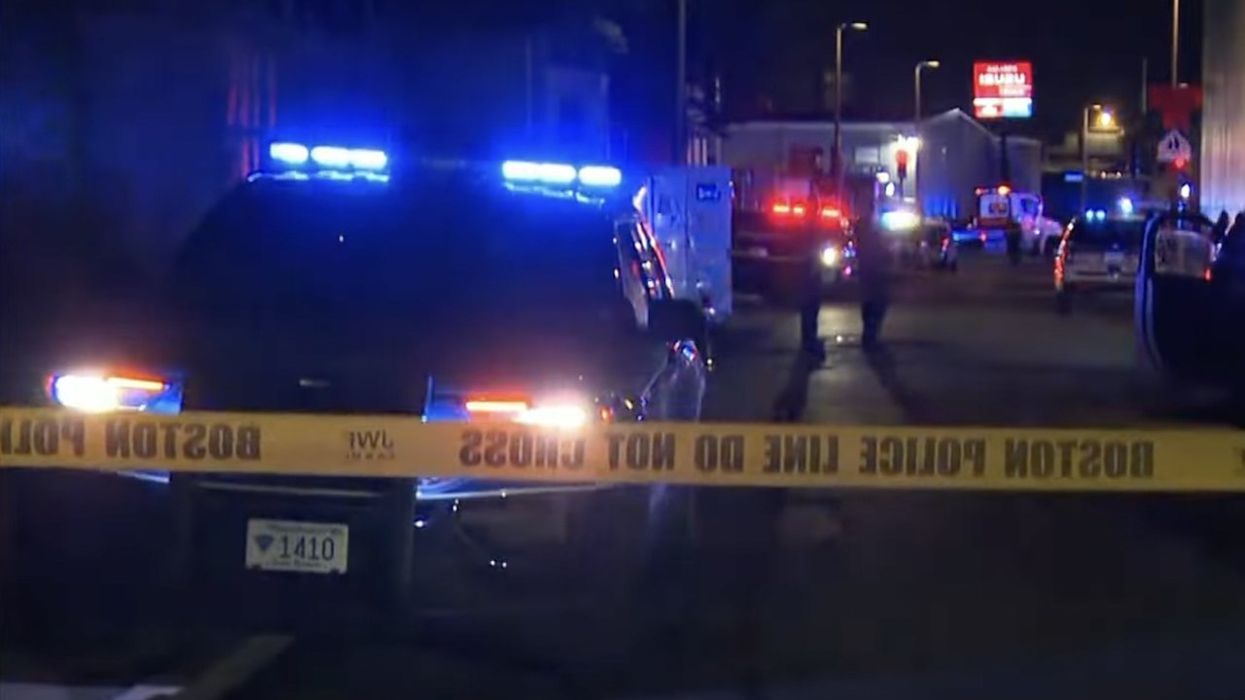
Image source: YouTube screenshot

Criminal suspects who are 18, 19, and 20 years old would be prosecuted as juveniles instead of adults if a Massachusetts bill becomes law.
Advocates of the bill on Tuesday testified before lawmakers in the Joint Judiciary Committee that people of the aforementioned ages don't have fully formed brains and can't completely understand the implications of their actions, WBZ-TV reported.
"The adult brain, especially the pre-frontal cortex in particular, is not fully developed until age 25, and why this is important is because it has implications for a young person's impulse control and self-regulation," according to Attorney General Andrea Campbell, who testified in favor of the bill, the station said.
Recidivism — the rate at which criminal offenders are rearrested and sent back to prison — is highest (76%) in the 18-to-20 age group, and that's another reason why people of those ages should be in the juvenile criminal justice system, Campbell said, according to WBZ.
More from the station:
Several states have considered similar proposals, but Vermont is the only state to pass a law raising the age for juvenile offenders.
The data on the impact of such policies remains unclear.
According to advocacy website Raisetheage.org, juvenile crime fell by 62% after Massachusetts first raised its age limit for juvenile offenders from 17 to 18 in 2013.
However, a 2022 study in the Journal of Criminology and Public Policy found that when Massachusetts raised that age, the move "increased recidivism for affected 17-year-olds."
While those against raising the juvenile age limit state that punishments such as jail and prison time deter young people from criminal activity, Sana Fadel — deputy director of advocacy group Citizens for Juvenile Justice — disagreed, WBZ said.
"The sociological research has told us that deterrence is not going to work with young people," Fadel told the station.
Newton Police Chief John Carmichael — legislative liaison for the Massachusetts Chiefs of Police Association — added to WBZ that the criminal justice system already works to keep youths out of jail.
"The criminal justice system in [and] of itself is not so punitive to begin with. [In] many cases if there is an arrest made, or there are charges taken out, a lot of times those cases are nolle prossed, or they're dismissed, or there's pre-trial probation. And the probation system here in Massachusetts, I think, it does work pretty well," Carmichael noted to the station.
Mass. lawmakers consider raising age of juveniles in courtyoutu.be
Like Blaze News? Bypass the censors, sign up for our newsletters, and get stories like this direct to your inbox. Sign up here!